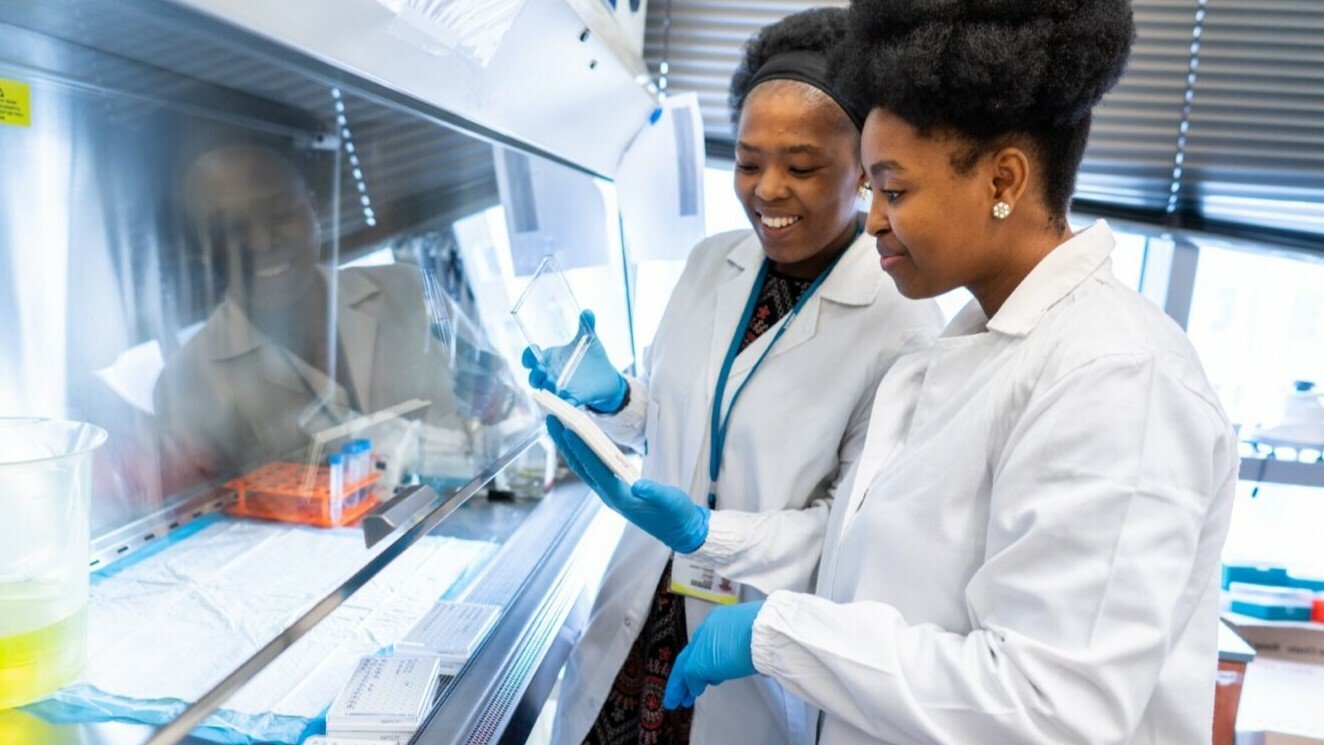Researchers Urge Industry-Academia Collaboration to Tackle Rising Graduate Unemployment in Kenya
Researchers are calling for stronger partnerships between universities and the private sector to address Kenya’s growing youth unemployment crisis. With a current graduate unemployment rate of 12.9%, as reported by the Kenya National Bureau of Statistics (KNBS), the situation is dire.
Mount Kenya University Vice-Chancellor Prof. Deogratius Jaganyi emphasized the need for research and innovation to play a leading role in solving the unemployment problem, which affects over 1.74 million Kenyans, including 1.54 million youth aged 20 to 29. Jaganyi highlighted the gender disparities in long-term unemployment, where 26% of women face extended joblessness compared to 12% of men, underscoring the urgency for inclusive strategies to address this imbalance.
Speaking at MKU’s Innovation Week, themed “Research and Innovation for Sustainable Production and Livelihoods,” Jaganyi stressed the importance of equipping Generation Z with competitive skills to succeed in both local and global markets. He called for universities to adopt practice-oriented training aligned with industry demands, and acknowledged event sponsors, including Innova Limited and Equity Bank, for their support in promoting innovation and employability.
Dr. James Njogu, acting CEO of the Kenya National Commission for UNESCO, highlighted Kenya’s integrated approach to research and innovation, referencing over 20 laws aimed at driving economic growth and sustainability. He underscored the need for universities to bridge the gap between research and practical solutions to enhance livelihoods and reduce economic disparity.
The event also featured international collaboration proposals, with Zindigi Prize Regional Manager, Ibtisam Babar from Pakistan, calling for open discussions with MKU on potential partnerships and scholarships for student innovators in upcoming competitions.
As Kenya works towards achieving Vision 2030, the UN Sustainable Development Goals, and the African Union Agenda 2063, the focus on innovation and research as catalysts for sustainable production, entrepreneurship, and job creation remains a priority for academic and industry leaders alike.





